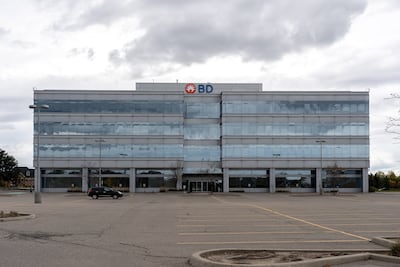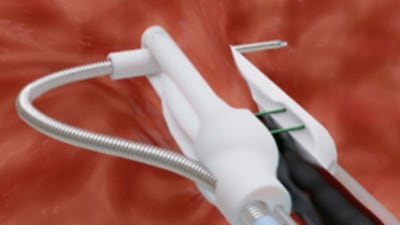SerenOx Africa, a sister company to the UK-based Seren, is working to improve both the accessibility and quality of diagnostics in sub-Saharan Africa, with a focus on sustainability.
As William Mawalla, CEO of SerenOx Africa, put it: “Africa cannot always rely on other peoples’ social missions; we have...
Read the full article – start your free trial today!
Join thousands of industry professionals who rely on Medtech Insight for daily insights
- Start your 7-day free trial
- Explore trusted news, analysis, and insights
- Access comprehensive global coverage
- Enjoy instant access – no credit card required
Already a subscriber?








